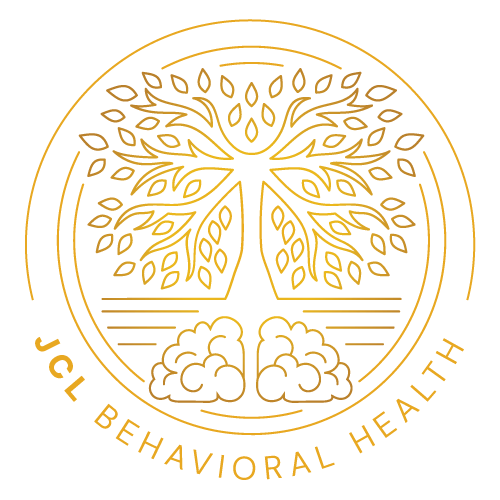Schizophrenia
- Home
- Schizophrenia
Schizophrenia is a severe, chronic brain disorder that affects less than one percent of the U.S. population. It is characterized by episodes of psychosis, including hallucinations, delusions, disorganized speech and behavior, and impaired cognitive function. Schizophrenia can significantly impact an individual’s ability to function in daily life, maintain relationships, and achieve personal goals. Early intervention and comprehensive treatment are crucial for managing symptoms and improving quality of life.

Understanding Symptoms of Schizophrenia
Positive Symptoms
Hallucinations (hearing voices, seeing things that are not there), delusions (false beliefs not based in reality), disorganized thinking and speech, and bizarre behavior.
Negative Symptoms
Reduced emotional expression (flat affect), decreased motivation and interest in activities, social withdrawal, neglect of personal hygiene, and difficulty experiencing pleasure.
Cognitive Symptoms
Impaired memory, difficulty paying attention, problems with executive functioning (planning, organizing, and making decisions), and reduced processing speed.
Mood Symptoms
Depression, anxiety, and irritability can co-occur with schizophrenia, complicating the clinical picture..
Treatment Approaches
Behavioral Therapy
These are the cornerstone of schizophrenia treatment. Typical antipsychotics (e.g., haloperidol) and atypical antipsychotics (e.g., risperidone, olanzapine) help manage positive symptoms and prevent relapses.
Educational Support
Tailored educational plans, such as Individualized Education Programs (IEPs) or 504 plans, help accommodate the unique learning needs of students with ADHD. These plans might include extra time for tests, modified assignments, and a quiet workspace.
Rehabilitation
Vocational training, supported employment, and social skills training help patients regain independence and improve their quality of life.
Family Therapy
Involving family members in treatment helps improve communication, reduces relapse rates, and provides support for both patients and their families.
Integrated Treatment for Co-occurring Disorders
Many individuals with schizophrenia also have substance use disorders or other mental health conditions. Integrated treatment addresses all co-occurring issues simultaneously for better outcomes.
How We Can Help
At JCL Behavioral Health, we offer a comprehensive treatment program for schizophrenia, tailored to meet each patient's unique needs. Our services include thorough diagnostic evaluations, medication management, individual and family therapy, and social skills training. Our multidisciplinary team works collaboratively to develop personalized treatment plans that promote stability, improve functioning, and enhance overall quality of life. We provide ongoing support and education for patients and their families to ensure a comprehensive approach to care.

Copyright ©2024 JCL Healthcare, All rights reserved. Powered by DeVops Align


